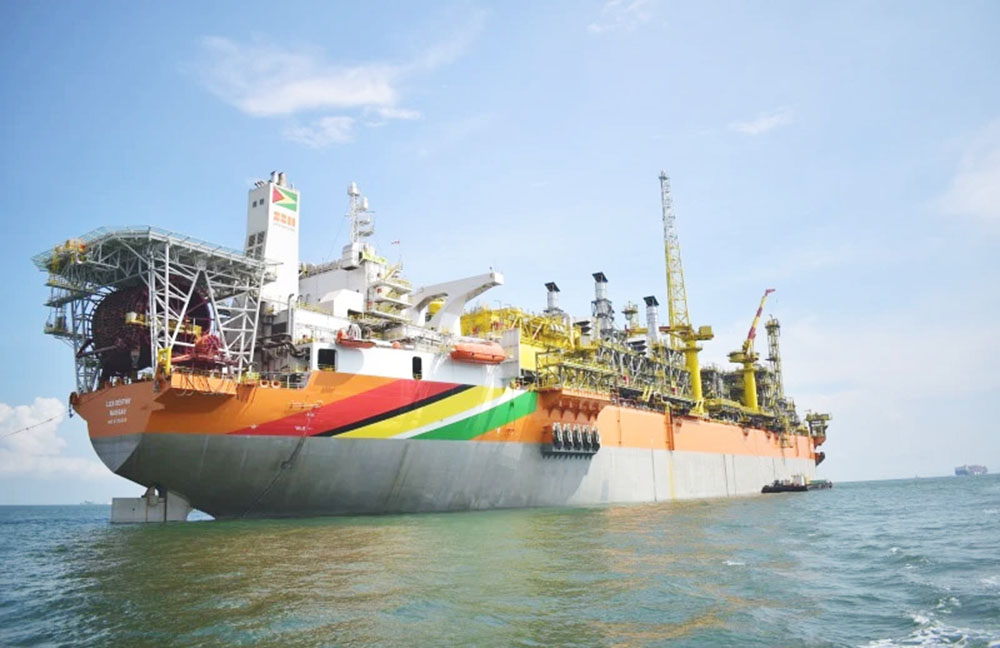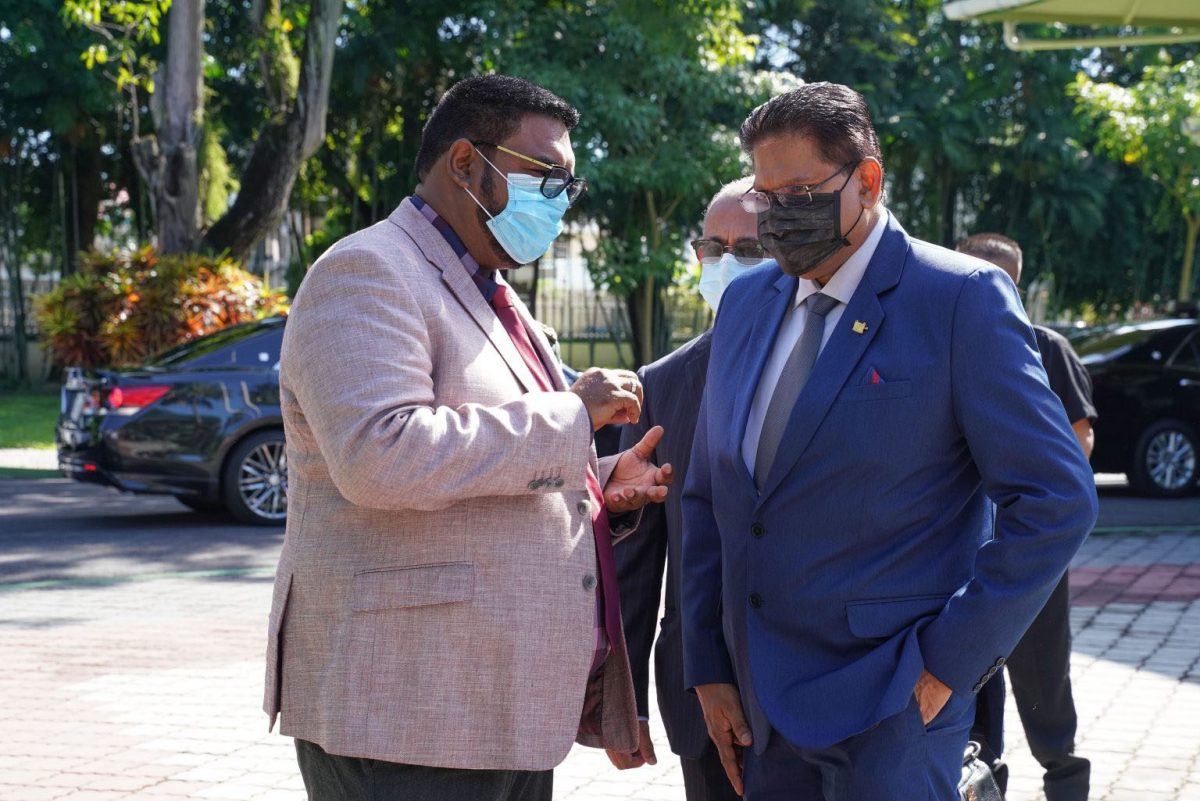Guyana and Suriname are among the countries in “up and coming regions” that could benefit from sanctions being imposed on Russia by western nations in the wake of that country’s ongoing military hostilities against the Ukraine, according to a recent oilprice.com article.
The two neighbouring South American republics have been named in the article as being among “new oil regions” that have attracted the attention of oil majors “looking for greater longevity in their operations and cheap, low carbon oil prospects… As governments rush to source alternative oil and gas supplies, the rapid development of promising new oil regions could provide the long term supply needed to reduce the global reliance on Russia,” the author of the article, Felicity Bradstock, writes.

The article alludes to oil exploration and recovery pursuits currently underway in the Caribbean pointing to major international oil companies, including ExxonMobil whom it says has been “working hard to explore its waters for oil and gas reserves. Exxon estimates its discoveries, to date, to be around (11) billion barrels of recoverable crude in the Stabroek Block, which could allow for 10 development projects, pumping in excess of 1 million bpd by 2027,” the writer asserts. Further, she alludes to the company’s injecting a further US$10 billion into its fourth offshore oil project in Guyana.
In the instance of Suriname, Bradstock writes that “TotalEnergies and Apache are experiencing similar successes” and that the region is “destined for an oil boom over the next decade.”
Going forward, the writer says, the prognosis for oil earnings for countries like Guyana and Suriname are good since oil majors “will likely gain international support for developing new, low carbon oil projects to fill the supply gap while global demand remains high. Meanwhile, increased interest in countries such as Guyana, Suriname, and Ghana will allow them to bargain for more favourable contracts with international firms, allowing them to pump earnings back into the national economy and supporting development aims.”
Beyond Guyana and Suriname the article asserts that other new oil regions that have attracted the attention of oil majors looking for greater longevity in their operations and cheap, low carbon oil prospects could receive an additional boost in response to the Russian invasion of Ukraine. “As governments rush to source alternative oil and gas supplies, the rapid development of promising new oil regions could provide the long term supply needed to reduce the global reliance on Russia,” the article says, adding that “sanctions on Russia are invigorating interest in new oil regions as energy firms look to develop alternative operations to boost supply and diversify their oil and gas sources. Governments are also embracing the shift as they look to ‘friendlier’ regions in a bid to decrease their reliance not only on Russia but on potential less-than-ideal alternatives, such as Venezuela and Iran.”
Bradstock also alludes to recent pronouncements from President of ExxonMobil’s Upstream Operations, Liam Mallon, that the Guyana Yellowtail project will “provide the world with another reliable source of energy to meet future demand and ensure a secure energy transition.”








